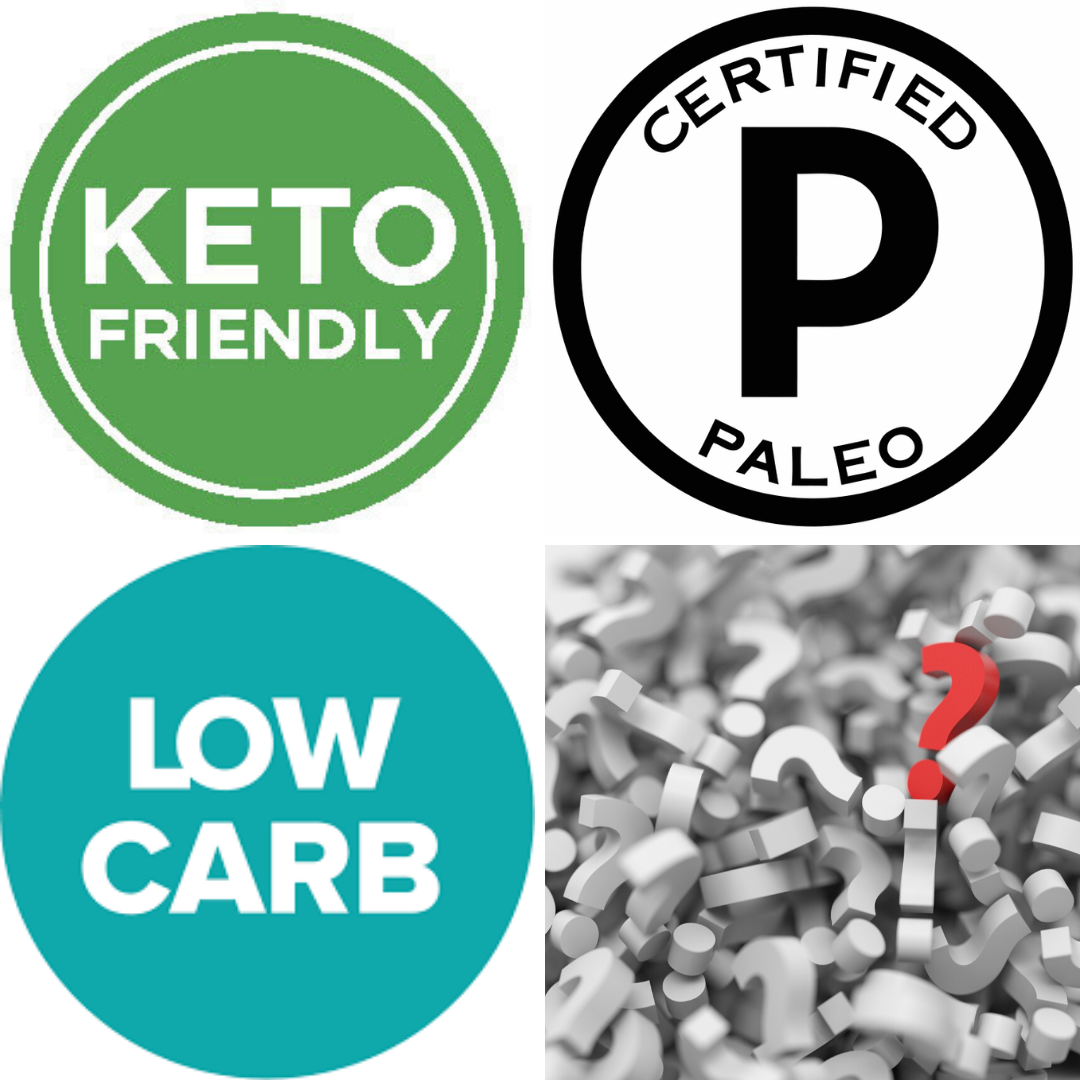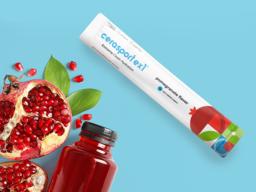Cerasport and Diets – Can it Fit?
February 13, 2020

As a dietitian for Cera Products, I often get the following questions:
- Do Cera Products fit into a low carb diet or diabetic diet?
- Are Cera Products Keto Friendly?
- Are Cera Products Paleo?
- How many net carbs are in Cera?
First, all Cera Products are super friendly. 😊 Terms like “Keto Friendly” and “Certified Paleo” have no real definition. You will see that they look official, they are not. All these diets are fairly restrictive in carbohydrates. Even though these diets strictly limit carbohydrates, it is vital to understand the critical role carbohydrates play in proper hydration.
Brief overview of these diets
A low carbohydrate diet, such as Atkins, South Beach, or The Zone limits carbohydrates to about 20-30% of calories with about equal amounts of fat and protein. This is about 100-150 grams of carbohydrate. A Paleo diet is similar to a low carbohydrate diet but focuses more on types of foods that are less processed. A legit Ketogenic diet is about 80% fat. Many people who say they are eating a Ketogenic diet are actually just eating a low carbohydrate diet. A diet that is 80% fat is really hard to follow. A diabetic diet is really just a carbohydrate-controlled diet where carbohydrates are tracked to match insulin needs. For comparison, the minimal recommended intake of carbohydrates for adults is 130 g per day. Active individuals need about 50% of calories or 250-500 g depending on body size and activity level.
All these diets, along with 99% of dietitians and fitness professionals recommend limiting simple sugars. This is where Cera is a great fit for any nutrition plan. Cera uses zero simple sugars. 100% of the carbohydrate in our products comes from rice, a complex carbohydrate. Cera products are Certified Gluten Free by the National Celiac Association. That is official!
Understanding Carbohydrate definitions and carbohydrates on food labels
Low carbohydrate diets often refer to “Net Carbs” and people ask how many net carbs are in Cera Products? Net carbs only refer to products that are high in fiber. Since fiber is not digested, net carbs subtract the grams of fiber (usually 5 or more grams) from total carbohydrates. This is important for people with diabetes so they don’t give too much insulin for a really high fiber food. Your sports drink should not be high in fiber, so net carbs should not apply!! Total carbohydrate content includes fiber, complex carbohydrate and sugar. Products are now required to list how much of the total carbohydrate is sugar and how much is added sugar, not naturally occurring. Cera products use rice as the carbohydrate. About 20% of the rice contributes to naturally occurring sugar in the product. Cera has zero added sugar. Most sports drinks are 100% added sugar.
Why does a hydration solution have to have any carbohydrate at all?
Many people assume all carbohydrates do is make us gain weight! Carbohydrates play a critical role in hydration and performance. Sports drinks are used to replace electrolyte losses in sweat and provide some carbohydrate energy to help the athlete sustain their workout. The electrolyte losses include sodium, chloride, and potassium. Oral Rehydration Solutions (ORS) are used to replace very high fluid and electrolyte losses in extreme dehydration from sweat or diarrhea. They have more sodium, chloride and potassium than a sports drink and must be very low in simple sugar or they will upset the stomach. When fluid losses are high or when exercising, carbohydrates help the body absorb the electrolytes. The process is called “sodium-glucose co-transport.” Thus, it is important for your sports drink or ORS to contain a little carbohydrate. The best type of carbohydrate is one that has zero fructose and is low in simple sugars. Fructose does not absorb sodium and is known to cause digestive problems. A rice-based carbohydrate like Cera is made of glucose molecules linked together in a long chain. This makes it a complex carbohydrate. This form is easier on the tummy and works really well to absorb electrolytes.
If you are doing a long training session or endurance event over 60-90 minutes, your body needs carbohydrate for energy. Your body burns fat at low intensities, but requires carbohydrates at higher intensities. Even if you have been following a ketogenic diet, your body still needs carbohydrates at high intensities. Your body will get this carbohydrate from blood sugar, muscle glycogen and liver glycogen. When those stores run out, your body will slow down unless you supplement carbohydrates during your training. If you have been following a carbohydrate restricted diet, your stores will run out sooner. Cerasport is designed to give just enough carbohydrate to help supplement blood sugar and help you sustain your workout. For training sessions longer than that, use Cerasport Plus. The Cerasport EX1 is good for shorter or lower intensity workouts but higher sweat outputs. The EX1 has less carbohydrate but higher electrolyte concentrations. If you have been following a Ketogenic diet, the EX1 would be ideal since that diet is known for causing dehydration. One stick of the EX1 has only 10 g carbohydrate per 16 oz (½ liter) with 400 mg sodium and 200 mg potassium.
Ceralyte ORS products are higher in sodium, chloride and potassium and are used to replace fluid losses from extreme sweating and diarrhea. They also use the rice-based carbohydrate. Many “zero” sports drinks will compensate by doubling or tripling the amount of sodium. If you add enough sodium you should absorb some of it, right? Many of these products leave out chloride. That is the other half of salt (salt is sodium + chloride). The other problem is that really high sodium drinks irritate the gastrointestinal track and cause ulcers. This is one reason salt tabs are not recommended.
What if I am not working out for 90 minutes or not working out at an intensity where I need added carbohydrates?
People go on diets to lose weight and are often careful to not add calories to their workout hydration. That is smart! Not every workout requires a sports drink. Look at it this way, if you are not working out hard enough to need carbohydrates, you are probably not working out hard enough to need electrolytes either, so stick with water. Most people need 2-3 liters of fluids a day. Try to get this with water and you will get your electrolytes from food. If you are concerned you are not getting enough electrolytes because you are dieting, use the Cerasport EX1.
Cerasport can help you get more out of your workout and getting more out of your workout will help your weight loss and fitness efforts.
Use rice in your sports drink, save the sugar for your cookies.
Cera Products, established in 1993, used in the military since 1999.
For questions, please contact Cera Products dietitian, Trisha Brooke Stavinoha, MS, RD, CSSD, CSCS, TSAC-F. Trisha retired from 20 years as an Army dietitian and now consults for Cera Products, Inc. She was a member of the All Army sports program and still competes in triathlon, road running, and trail running. tstavinoha@ceraproducts.us
Share:
Leave a comment
Comments will be approved before showing up.




